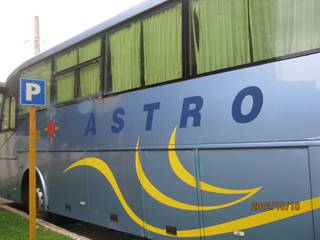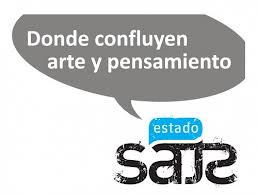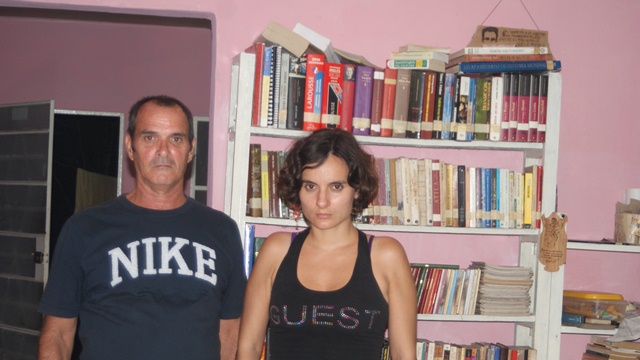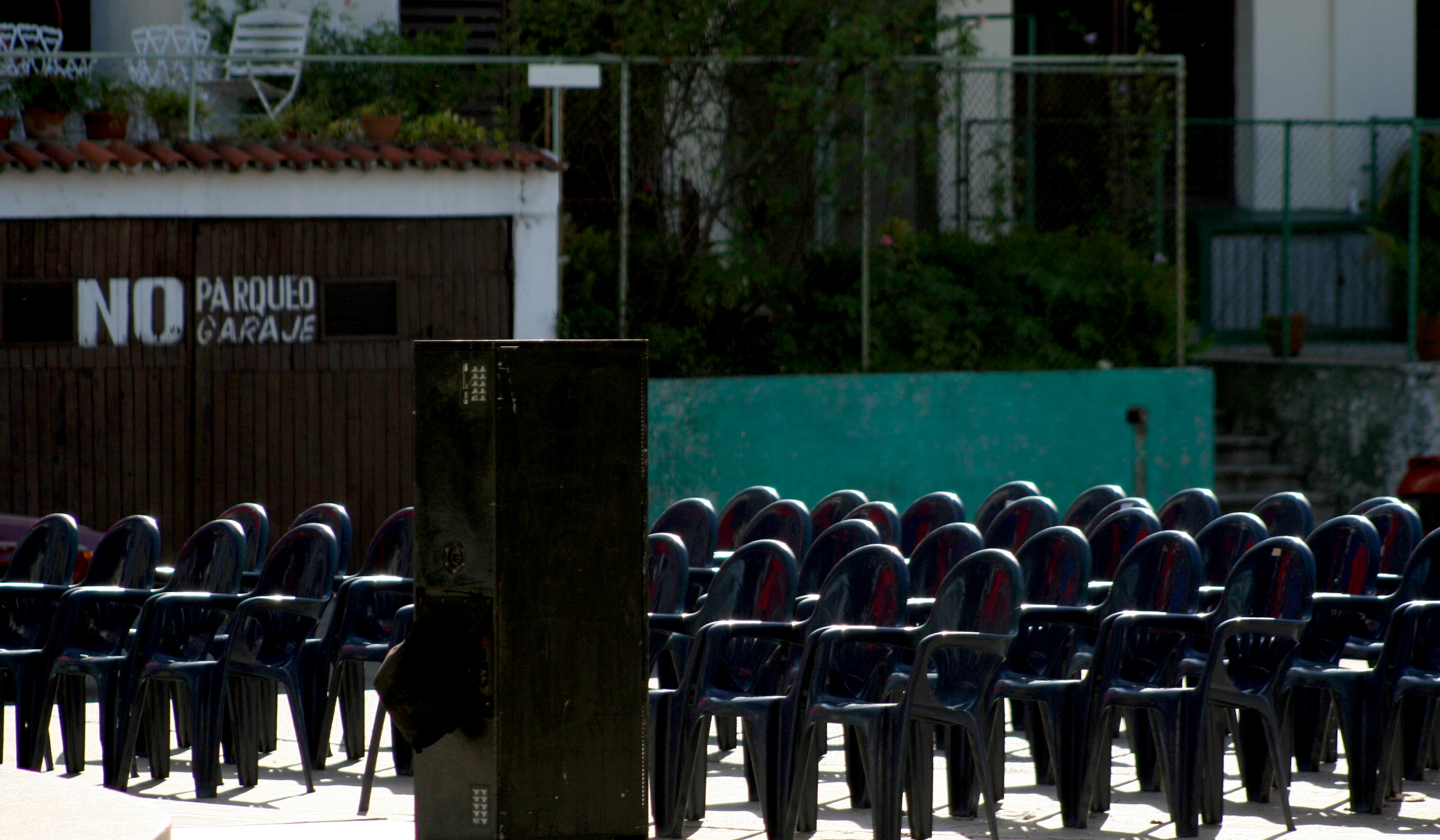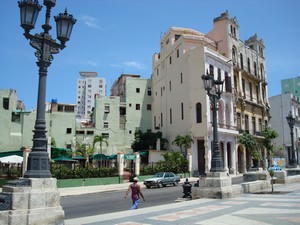
The case of Angel Carromero Barrios rapidly lost relevance because of the “atmospheric pressure” of the State. Like a tropical meteorological event, its great intensity dissipated in the mediating and officializing Cuban waters. Many know that in Cuba the State is the owner, the editorialist, journalist, reporter, photographer, and censor of all daily newspapers and journals that exist in the country, which pretty much means that we only have one newspaper in the whole archipelago.
The news of the sentence against Carromero Barrios, whose judgement became conclusive on October 5, was published on the night of October 15 in the news, and at dawn the next day (October 16th), the people were surprised with the flexibilization of the law on immigration and travel. For a dictatorship that had stepped on immigration, emigration and travel rights–among other rights–of its citizenry, it was only logical that the latter news trumped the first in the consciousness of the Cuban people and the world.
Just like the date of the oral and public trial of Carromero–which was programmed for a weekend (Friday), two days before the elections in Venezuela–the master manipulators of this country’s information, without freedom of press, didn’t wait even 24 hours to dictate a law-decree which took about two years to come up with. Why didn’t they wait a few days? Let’s remember that they similarly took advantage of the beginning of the war with Iraq to begin the wave of arrests in March of 2003; despite this, the world saw, repudiated and denounced this abominable official strategy. Even if this results in speculation, there is a chance that the new immigration/travel law was devised with this purpose in mind–in the period understood between accident and sanction–but for others, it was much more important to wait.
Anyway, they spend so many years in power repeating the same — or similar — course of action, that most of the world guesses the move before it is made. It is true that they are astute and have several master’s degree in the selection of time, place and the opportune moment — it is a 50-year-old specialization — but they are not good poker players. The feeble and recently debuted migratory modification does not vindicate the Cuban diaspora as part of our people, their rights violated for decades.
Nevertheless, once more they stimulate the rich foreign investors to obtain real estate here, encourage investors generally and tourist visitors from the United States particularly, to focus their binoculars and bring part of their capital to our soil. It is very likely that the fateful economic situation of Cuban totalitarianism, and the claims of continuity on the dynastic throne will make them hurry and commit errors. In their economic hardships and customary refusals to “call a spade a spade” in order to really resolve the country’s problems, they expose the effort to show anew image of the Cuban government in the face of the closeness of the elections in the United States, probably to lobby for a possible redesign of the politics of that government towards ours. With the pretext they are trying to break the blockade, they take years blocking the legitimate exercise of the rights of their citizens, which is the same as flogging us because others hit them and they also punish us for the same reason.
The “political tricks” propaganda, of making anorexic changes to draconian laws, will have no credit or real impact on most of the population,as long as they do not restore the rights that they have violated and postponed, respecting the fundamental liberties of all Cubans — from within and without Cuba — and democratize this society. Such dirty tricks are bluffs that trick no one, and give less light. Until now the proposed reforms are condemned to failure because of the abusive and prolonged rigor of their own laws. They will have no success, because many think that it has to do with the classic maneuver of stalling for time.
It seems that they have bet on the United States’ economic serum to resolve the national disasters in which they have sunk us, like the obligatory transfusion in the veins of the ruling class and its prosperous family and stalwarts; not in those of the whole nation. I do not know if the highest Cuban authorities really want to reestablish relations with the US.; rather it seems that they want to normalize the efforts to protect their interests and above all to guarantee their continuity. Once more “they uncorked” an oblique tactical move– a crab move — to fool the people of their own backyard and “enchant” the hungry fish of other latitudes. But they don’t catch big fish with small hooks, much less, with worthless and petty baits.
![]() Translated by: Boston College Cuban-American Student Association (BC CASA)
Translated by: Boston College Cuban-American Student Association (BC CASA)
October 18 2012

